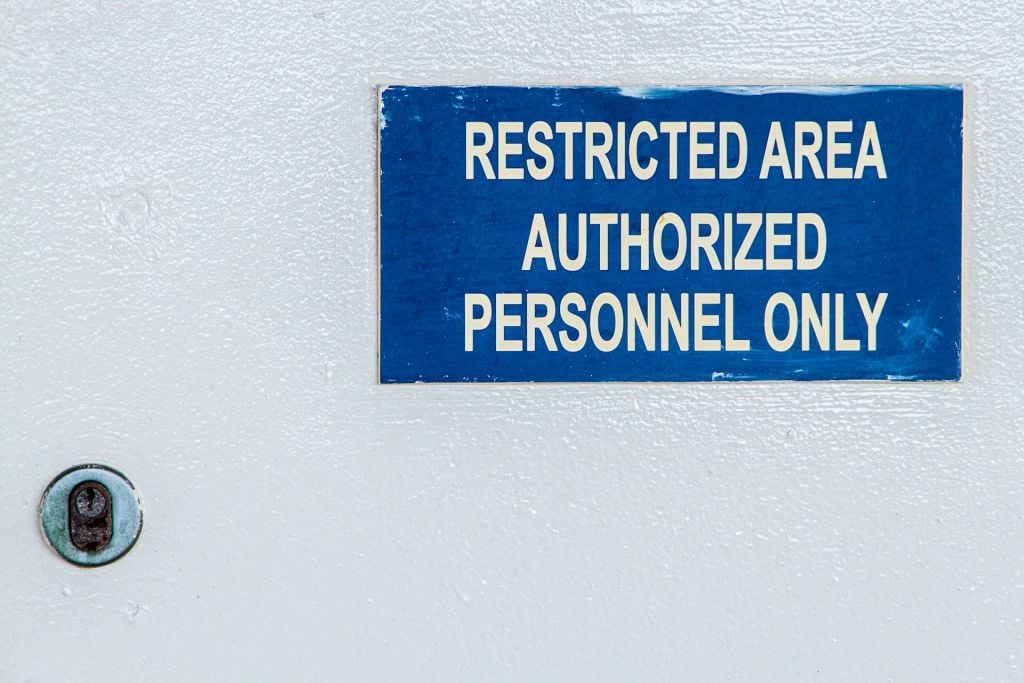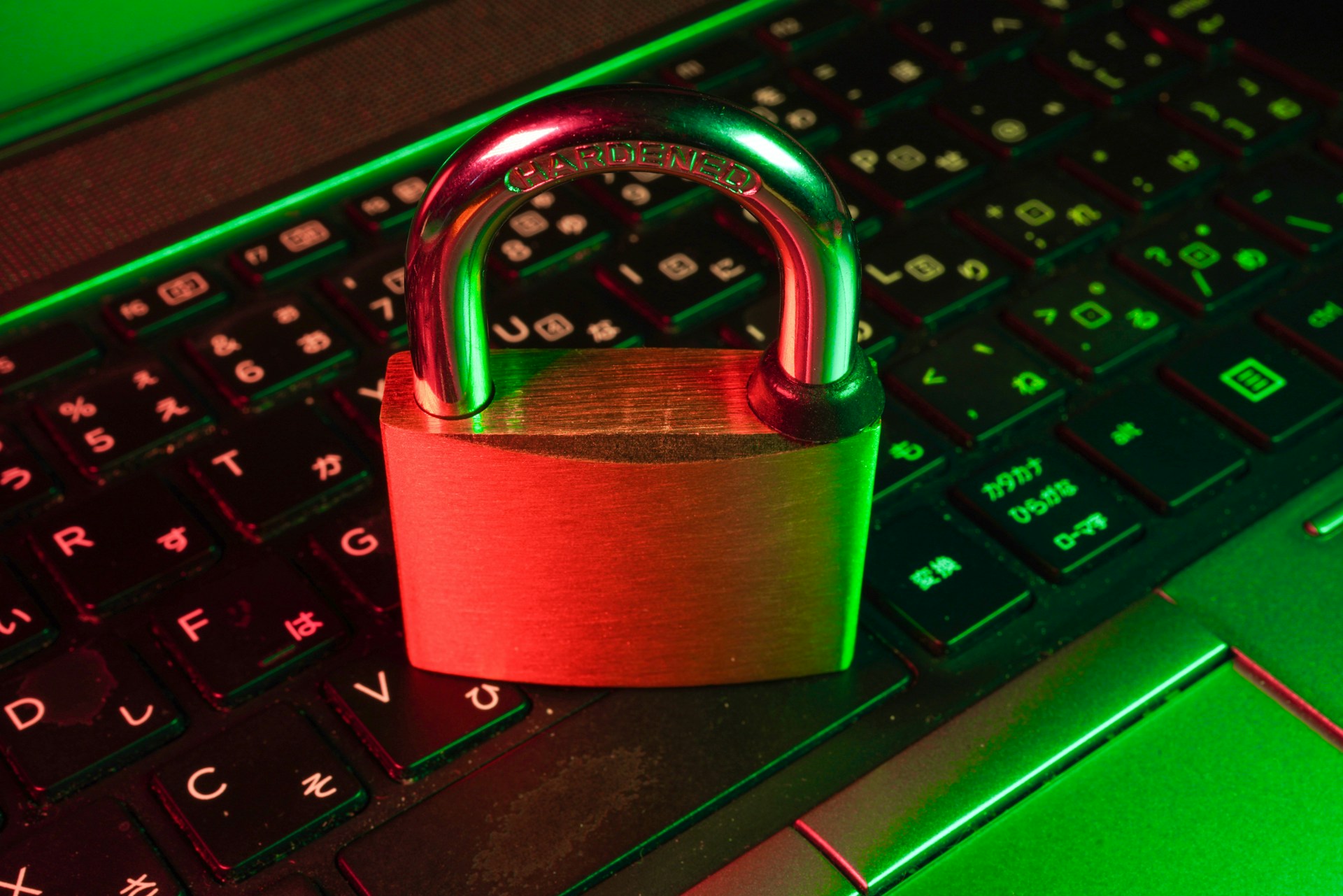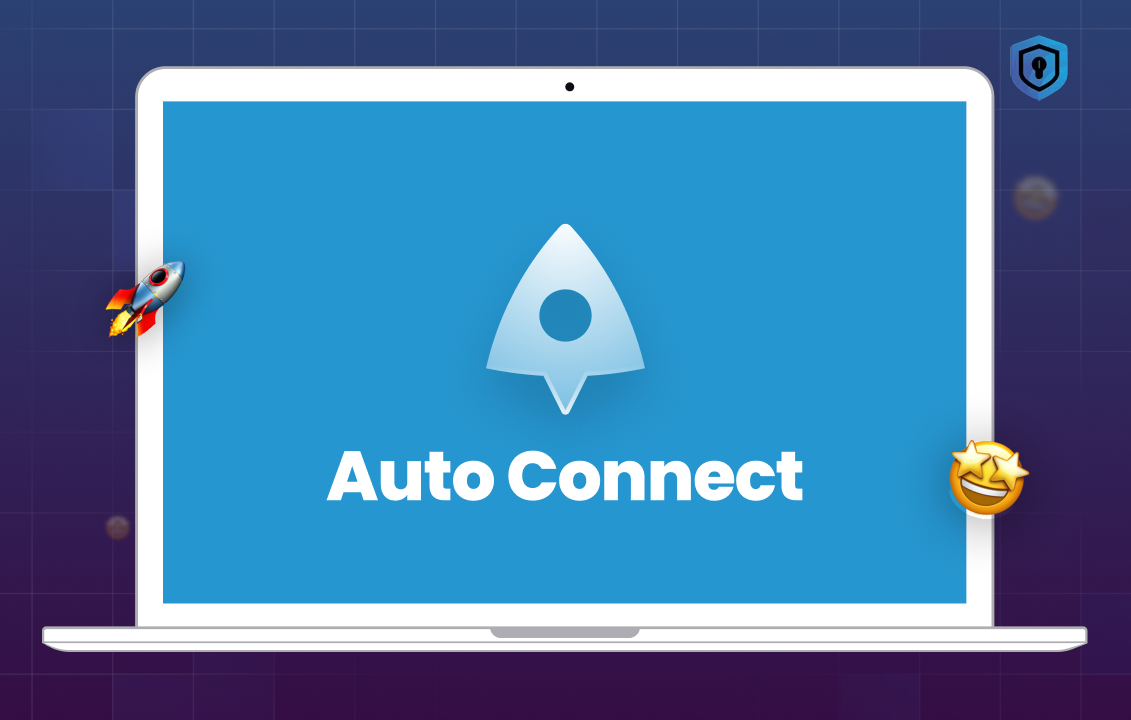If you’ve ever tried to stream a show that’s “not available in your region,” you’ve probably wondered—why can’t I watch this if I’m willing to pay? Enter VPNs, the modern-day workaround that makes the internet feel a little more borderless. But while many people use them for this very reason, the practice isn’t without a gray cloud hanging over it. Is bypassing geo-blocks simply a clever hack, or are we stepping into ethically questionable territory?
Let’s dig into the nuances.

Image Credit: Unsplash under Creative Commons
Why Geo-restrictions Exist in the First Place
Streaming platforms, sports broadcasters, and even some news outlets don’t put up regional barriers just to annoy you. These restrictions are largely tied to licensing agreements, copyright laws, and regional distribution rights.
For example, Netflix may have the rights to show a movie in the U.S. but not in Europe because another provider holds those rights there. Sports streaming deals are even messier, with different broadcasters paying big bucks to secure exclusivity for their markets.
So, when you use a VPN to tunnel into another country’s content library, technically, you’re sidestepping agreements made between big corporations and content distributors.
The Consumer’s Perspective: “I Just Want Access”
From the average user’s point of view, it often feels unfair. You’re paying for a subscription, sometimes even more than someone in another country, yet you get less content. That breeds frustration.
Many users argue:
-
They’re not pirating, they’re still paying.
-
Globalized content should be accessible regardless of where you sit.
-
In some regions, censorship is the bigger issue—where VPN use is less about entertainment and more about accessing basic information.
So, morally, it’s easy to justify—why should my location dictate what I can watch or read?
The Corporate Angle
On the flip side, companies see things differently. Licensing agreements are carefully negotiated, often involving millions of dollars. VPN circumvention undermines those contracts. If everyone did it, the entire licensing model would collapse.
That’s why platforms invest heavily in VPN detection systems. Netflix, for instance, has become notorious for cracking down on VPN IPs. From their standpoint, allowing unrestricted VPN access would violate contracts and upset business partners.
Is It Illegal, or Just “Frowned Upon”?
Here’s the interesting bit: using a VPN itself isn’t illegal in most countries. But using it to bypass geo-blocks can sometimes breach the terms of service of the platform you’re accessing.
That usually doesn’t mean jail time, but it can result in:
-
Account suspension or termination.
-
Loss of access to services you’ve already paid for.
-
Legal warnings in very rare cases (mostly in heavily regulated countries).
So, it’s less about “law-breaking” and more about contract-breaking.
The Ethical Gray Zone
This is where things get tricky. Ethics aren’t always about what’s written in the law—they’re about what’s right.
Consider:
-
Personal rights: Shouldn’t individuals have the freedom to access digital content globally, especially in a connected world?
-
Fairness: Is it fair for someone in Canada to get 1,000 movies on Netflix while someone in India gets 500, even at similar subscription prices?
-
Business sustainability: Without licensing structures, production companies might earn less, impacting the future of content creation.
Some ethicists argue that geo-blocks themselves are outdated and discriminatory, making VPN circumvention a justified pushback. Others believe respecting agreements—even if inconvenient—is the more responsible choice.
Real-World Scenarios
-
The Student Abroad: Imagine a student from the U.S. studying in Japan who wants to keep watching the shows they already paid for. Should that really be considered unethical?
-
The Sports Fan: A die-hard football fan in Asia who can’t watch their team because rights were sold to local broadcasters who don’t even air every match. Here, a VPN feels like the only fair solution.
-
The Information Seeker: In regions where governments censor the news, VPNs aren’t just for Netflix—they’re a lifeline. Here, the ethical debate tilts heavily in favor of the user.
Where Do You Draw the Line?
The reality is that ethics around VPN use depend on context. Using a VPN to catch up on your favorite show abroad seems harmless to many. But if you’re reselling VPN-enabled accounts or exploiting the loophole at scale, that’s a different story.
At the end of the day, it’s a question of balance: personal freedom versus respecting contractual obligations.
Final Thoughts
Bypassing geo-restrictions with a VPN sits in a fascinating ethical middle ground. On one hand, it empowers individuals to enjoy a borderless internet. On the other, it undermines the very system that funds global content distribution.
Maybe the bigger problem isn’t users “breaking the rules,” but the outdated licensing model itself. Until streaming platforms embrace a more global approach, VPN use will remain a tempting—and ethically debated—solution.





